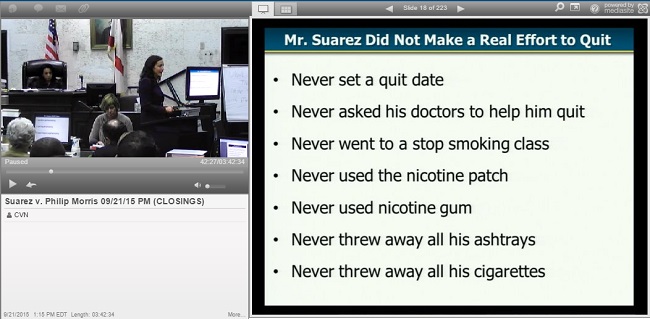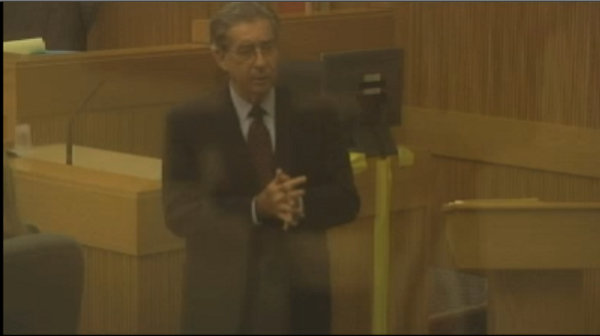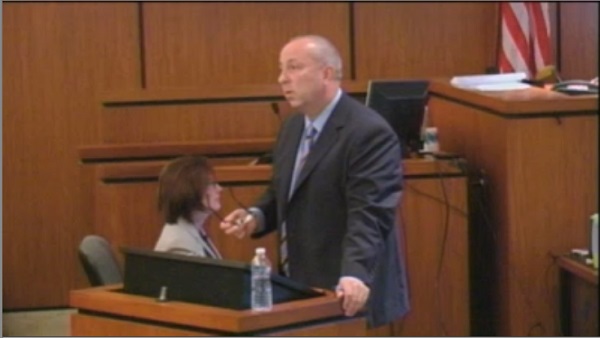A closing argument in a medical malpractice case is a rhetorical highwire act, requiring a good attorney to ensure jurors understand key medical concepts while arguing how those concepts apply to the the specific case at hand. Spend too much time reiterating general medical concepts and risk losing the jurors' attention. Spend too little time on those topics and risk confusing the jury as you argue the evidence. In a $10 million trial over the stroke-related death of an emergency room patient, Mary Jaye Hall's closing efficiently combined complex medical information with powerful argument to strike at the theory of plaintiff's case.







